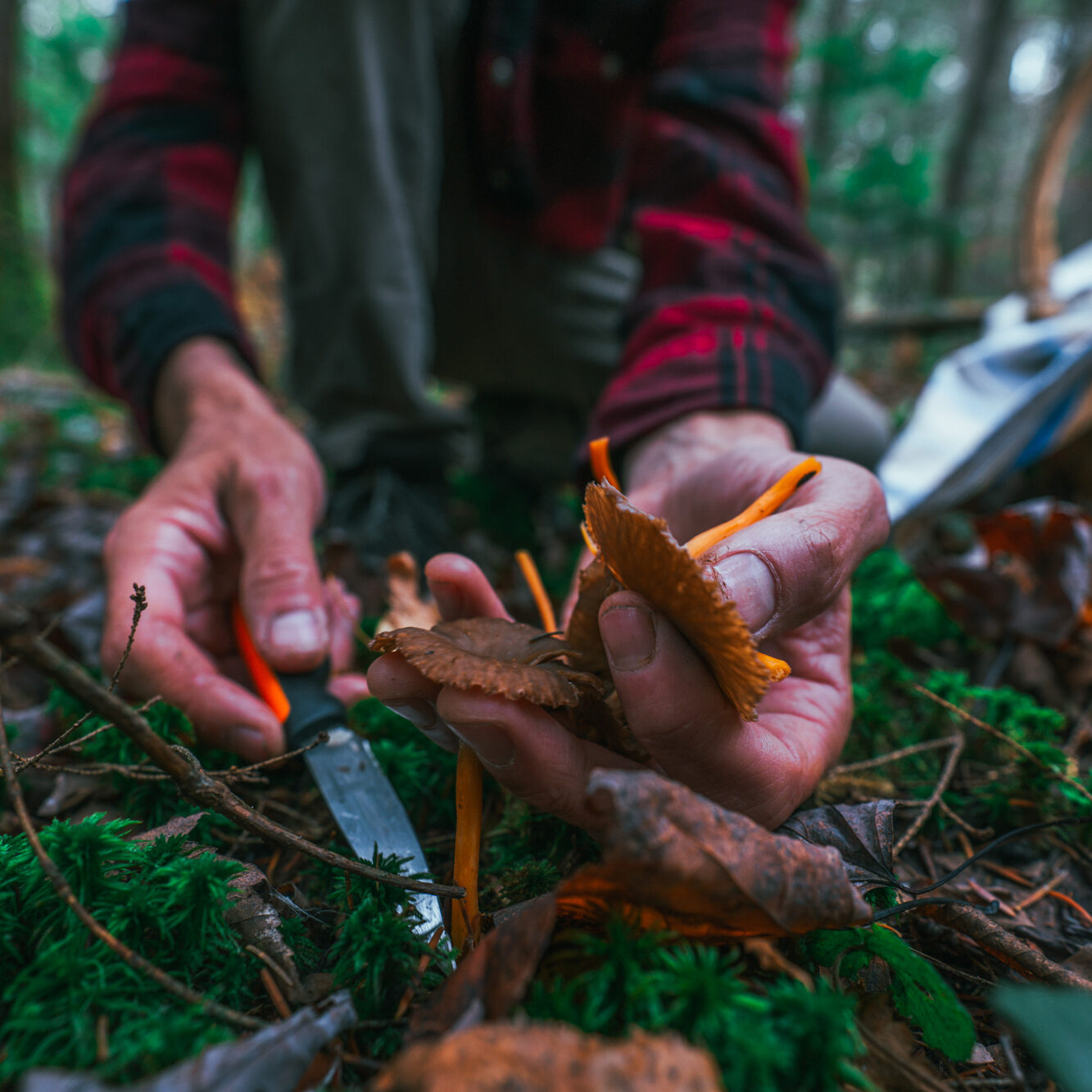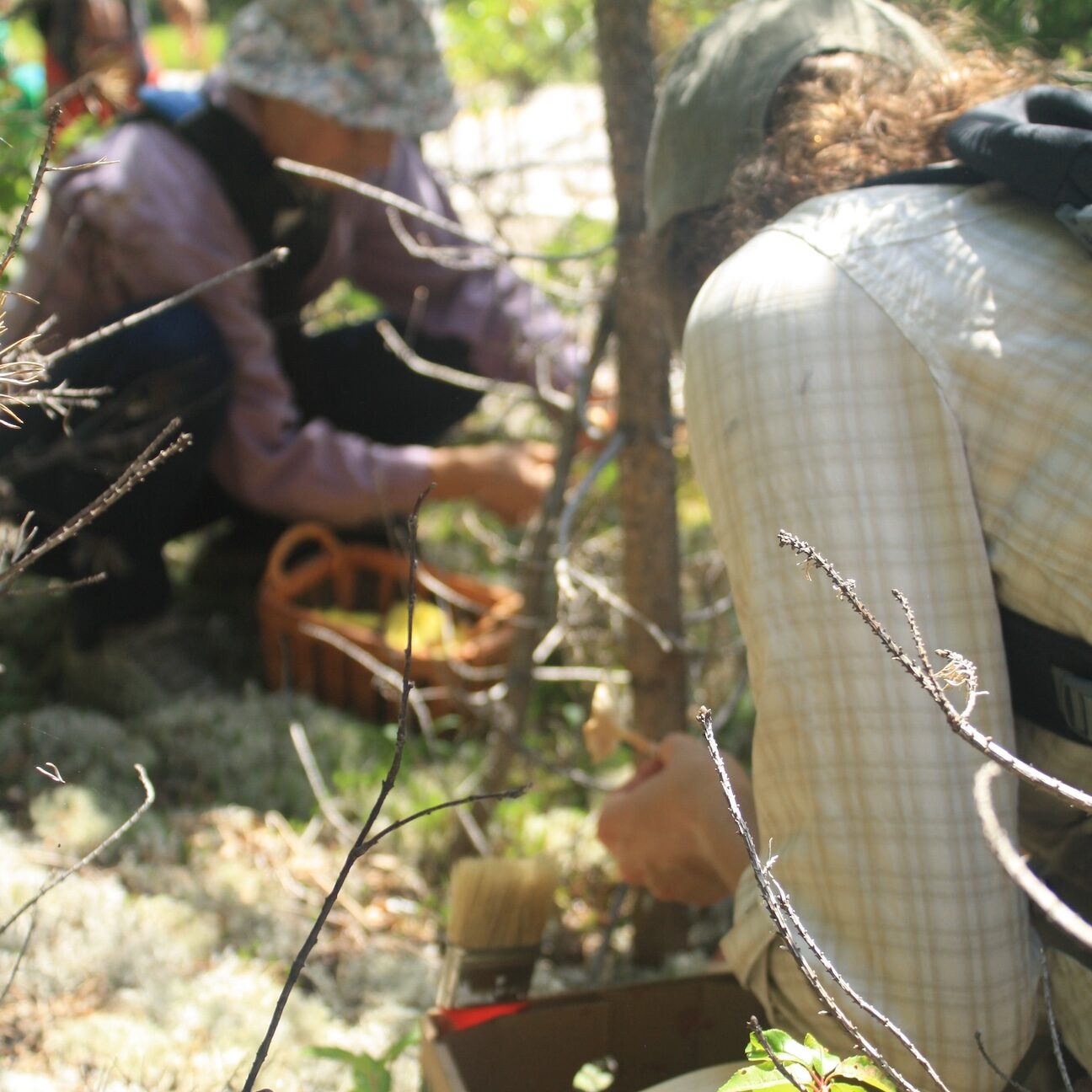View Results Again
Disclaimer
The information, photos, and guidance found on this website are provided for informational purposes only and must never replace the advice of a professional mycologist for mushroom identification. Only proper training or expert confirmation by a mycologist can allow you to safely identify wild mushrooms. When in doubt, a forager should always refrain from consuming any unknown specimen.
For Your Health – PRECAUTIONS WITH WILD MUSHROOMS (French)
Poison Control Center
If a toxic product is swallowed:
- Do not induce vomiting.
- Do not attempt to neutralize the product – milk is not an antidote.
- Rinse and clean the mouth.
- Call the Quebec Poison Control Center immediately:
📞 1-800-463-5060
Toll-free phone service (24/7).
What is acute poisoning?
Acute poisoning refers to a single or repeated exposure over a short period of time involving a child or adult who:
- Swallows a hazardous product: chemicals, incorrect medication doses, drugs, toxic mushrooms, spoiled foods, etc.
- Gets a dangerous product in the eyes or on the skin.
- Inhales vapors from a toxic product.
IMPORTANT: If the person is not breathing or is unconscious, call 911.
Cooking
When consuming wild mushrooms for the first time, or trying a new species, it is strongly recommended to eat only a small quantity to test for any intolerance or allergy. Also note: all wild mushrooms must be cooked before consumption. The authors and publisher of this website cannot be held responsible for any misidentification leading to mushroom consumption.
Always consult a professional mycologist to ensure correct identification of any species you intend to eat. Also remember: mushrooms stored in poor conditions — whose flesh is dead or decomposing — can be unsafe to eat, just like any spoiled or degraded food, and may lead to food poisoning or other health issues.
IMPORTANT: Never eat raw mushrooms.
Dehydrated Mushrooms
The vast majority of dehydrated mushrooms sold in our markets are imported from abroad and repackaged in Quebec. Often, there is no traceability. With the exception of easily recognizable species like morels, it is very difficult to know exactly what kind of mushroom you’re buying. These products are responsible for a number of poisonings. The main reason behind these imports is low cost. It takes approximately 12 kg of fresh mushrooms to produce 1 kg of dehydrated mushrooms. If 1 kg of fresh mushrooms sells for $30.00, the equivalent cost for raw material is $360.00/kg, not including slicing, drying, packaging, and marketing expenses.
To purchase Quebec-grown dehydrated mushrooms, expect a higher price and make sure to deal with a reputable and conscientious local processor.
For Your Health – MUSHROOMS ON THE MARKET (French)
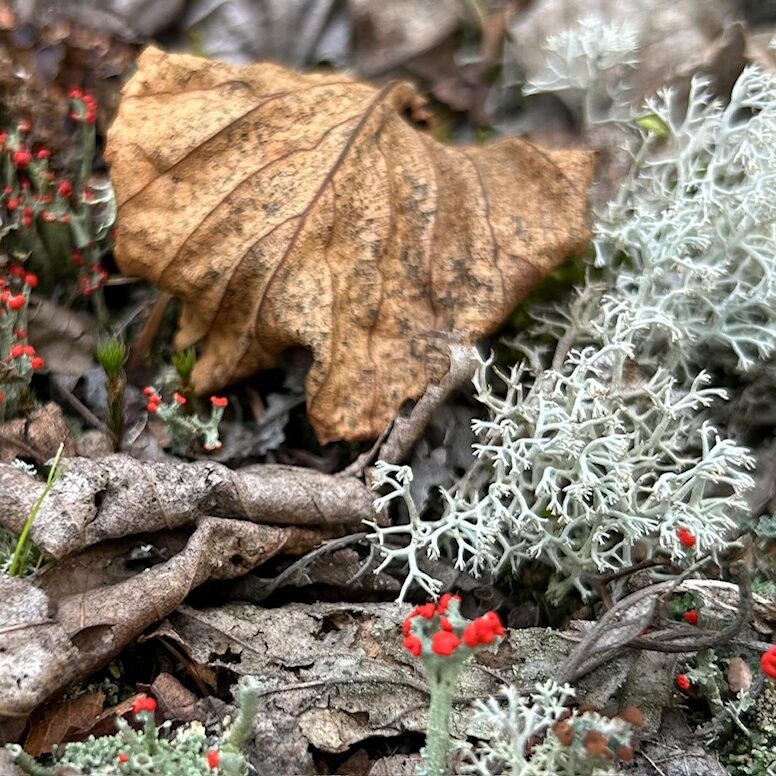
Private woodlot owners
What options are available to enhance the value of your land?
In Québec, niche productions, mycotourism activities, and culinary tourism offer a multitude of exciting opportunities for private forest owners looking to create unique, personal projects. Options include truffle orchards, nut tree groves, and fruit plantations, all of which can find a special place. There’s also the possibility of hosting foraging workshops or culinary experiences. Here’s an overview of these options and the specialized organizations that can support you on your journey.
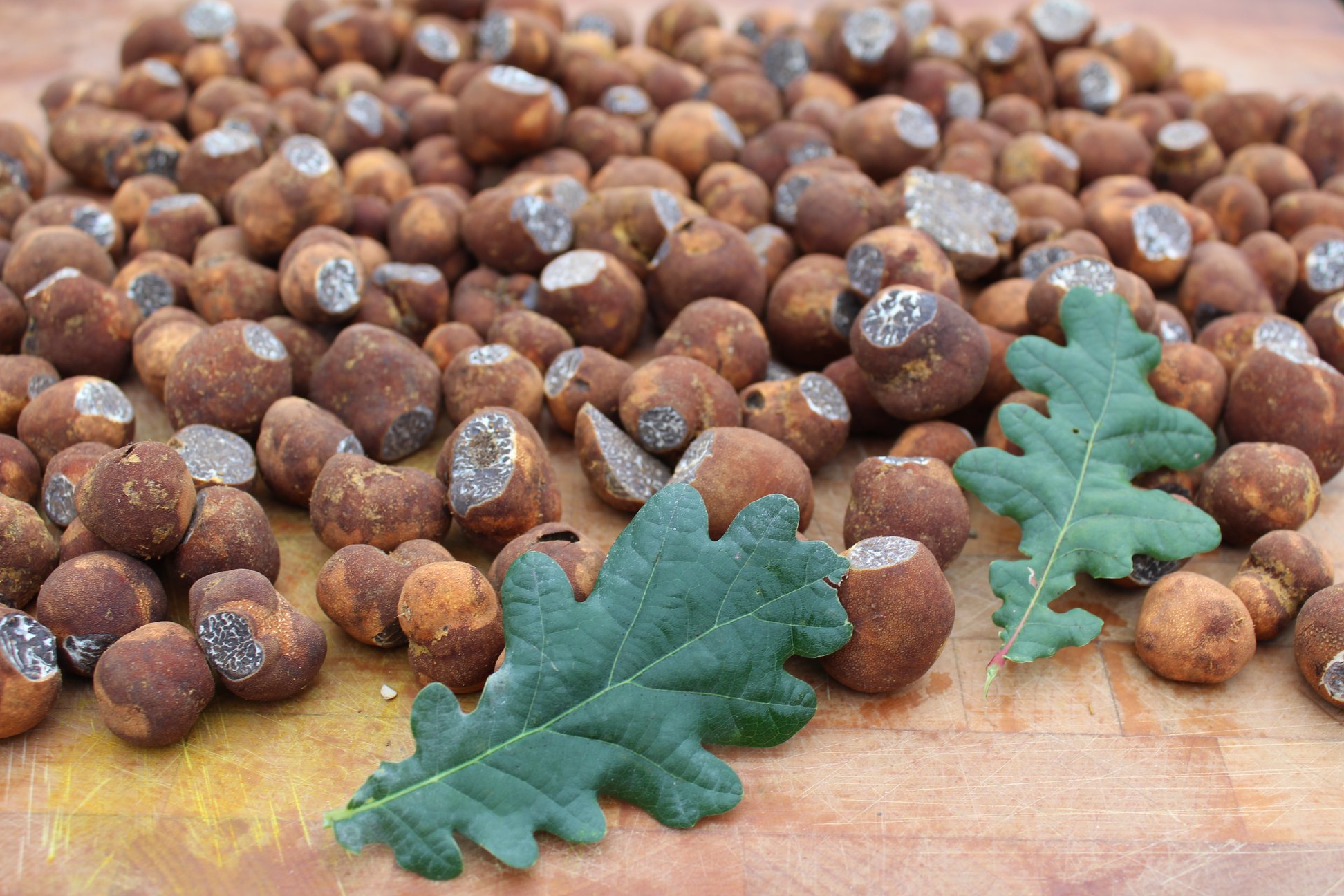
Truffle Orchards
Truffle orchards are gaining popularity in Québec due to the high added value of truffles. Cultivating truffles requires…
Learn more…
Cultivating truffles requires a deep understanding of the symbiosis between the host trees (typically oaks or hazelnuts) and truffle fungi.
This project demands a significant initial investment of time and resources, but the potential rewards can be substantial.
We invite you to visit the “Mauricie Truffle Orchards” page for more information.
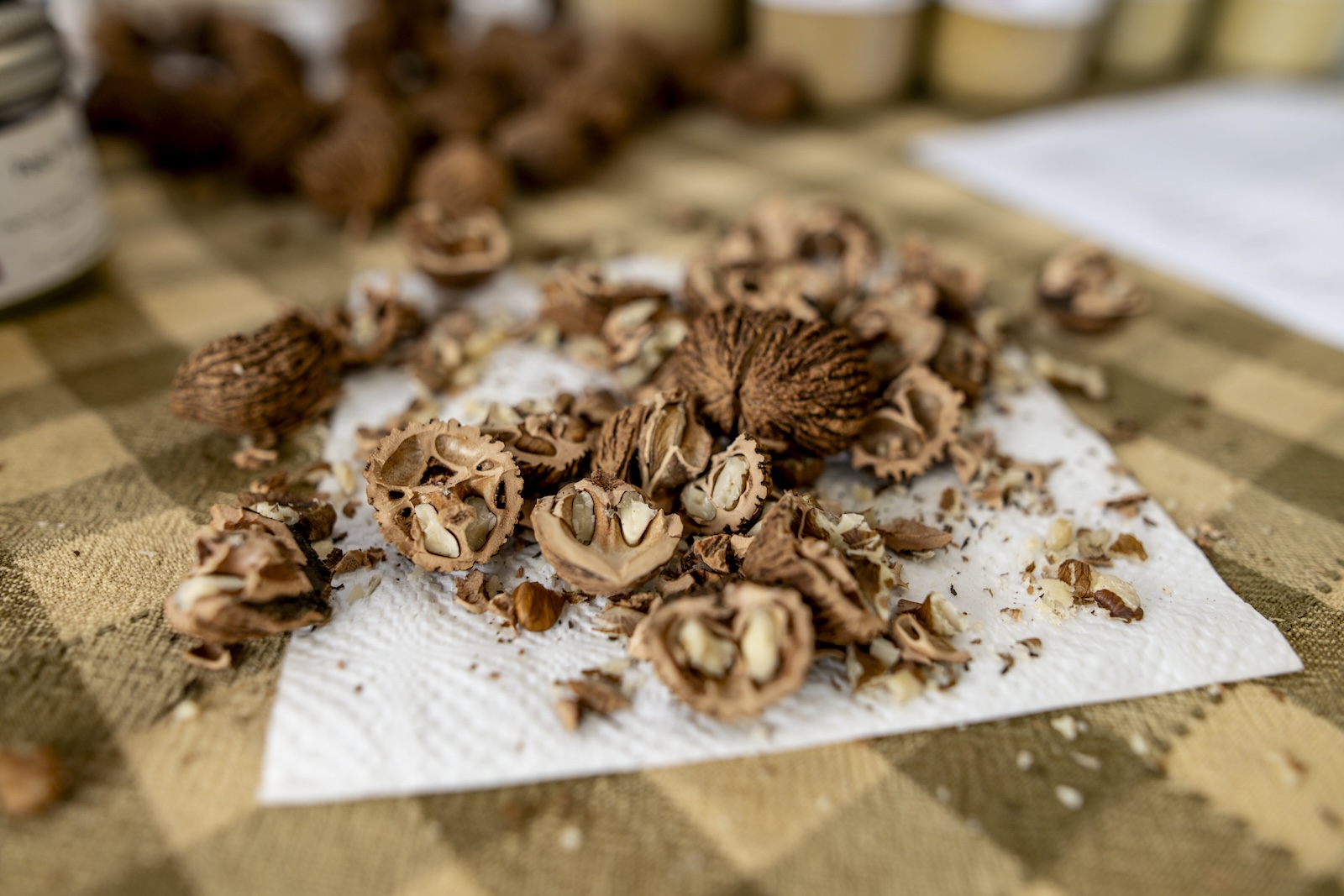
Nut Tree Groves
Nut tree groves—such as walnut, hickory, and hazelnut trees—represent another promising avenue. These trees are…
Learn more…
These trees are well-suited to Québec’s climate and can yield abundant harvests of edible nuts.
In addition to their nutritional value, nuts have a growing market, making them an excellent option for those looking to combine agriculture with entrepreneurship.
For more information, visit the “Forest Edibles” section, which covers the Québec Edible Nut Growers Network.
Reference Organizations:
- Club des producteurs de noix comestibles du Québec Knowledge on the best nut tree cultivation techniques (French)
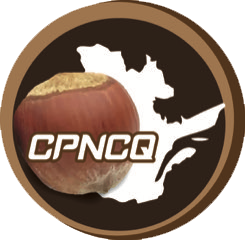
- Pépinière Casse-Noisette Sales of nut trees and cultivation advice
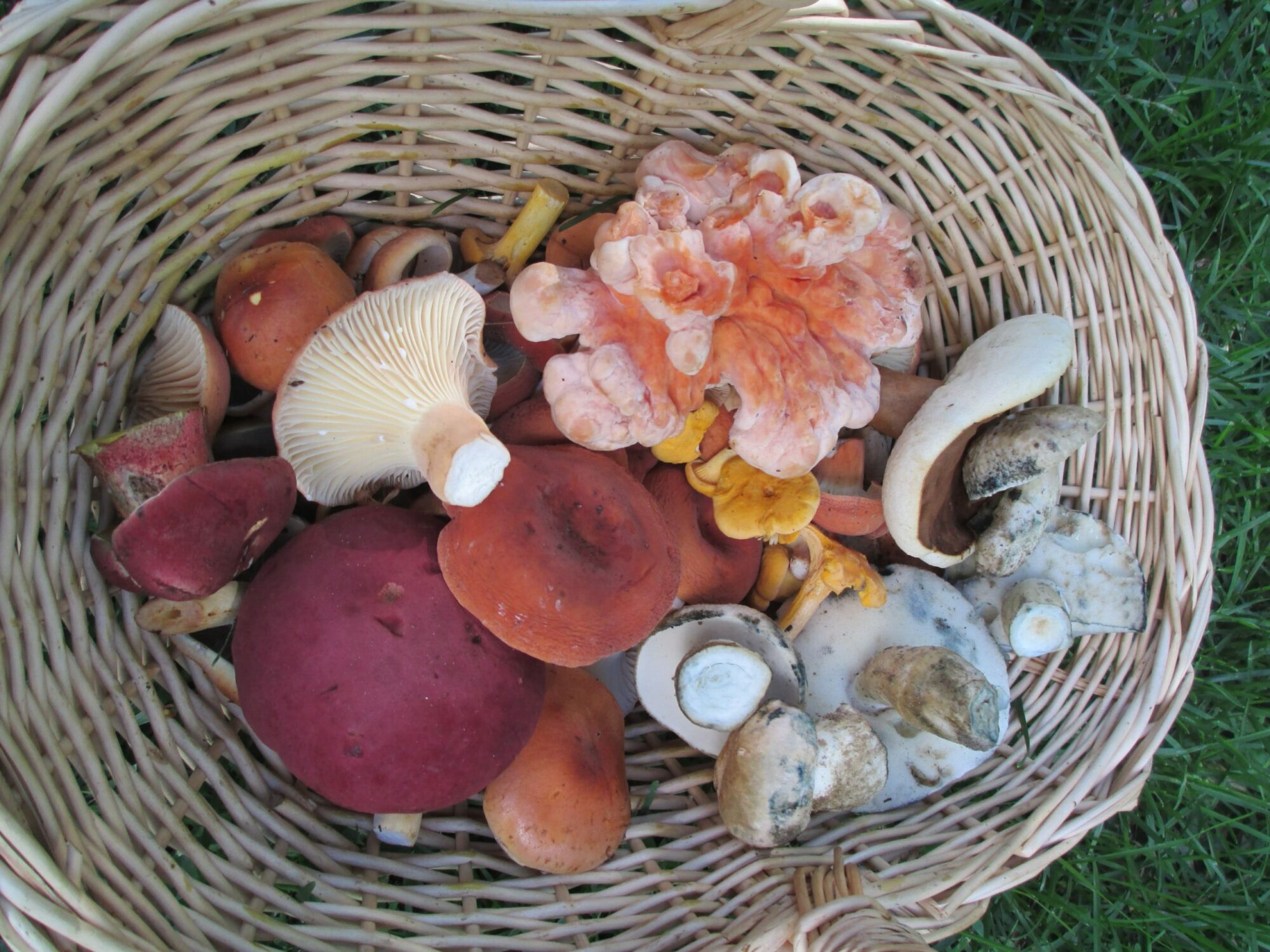
Foraging – Partnership with Foragers
Did you know you can offer your land for the harvesting of forest edibles?
Learn more…
La Filière offers you the opportunity to collaborate with a recognized professional forager.
A productivity analysis will be conducted by the forager to establish the potential. Once this process is completed, an agreement between you and the forager can be formalized.
By participating, you contribute to the sustainable use of forest resources while benefiting from an additional source of income. For more information, please fill out the form, and La Filière will contact you with details and next steps.
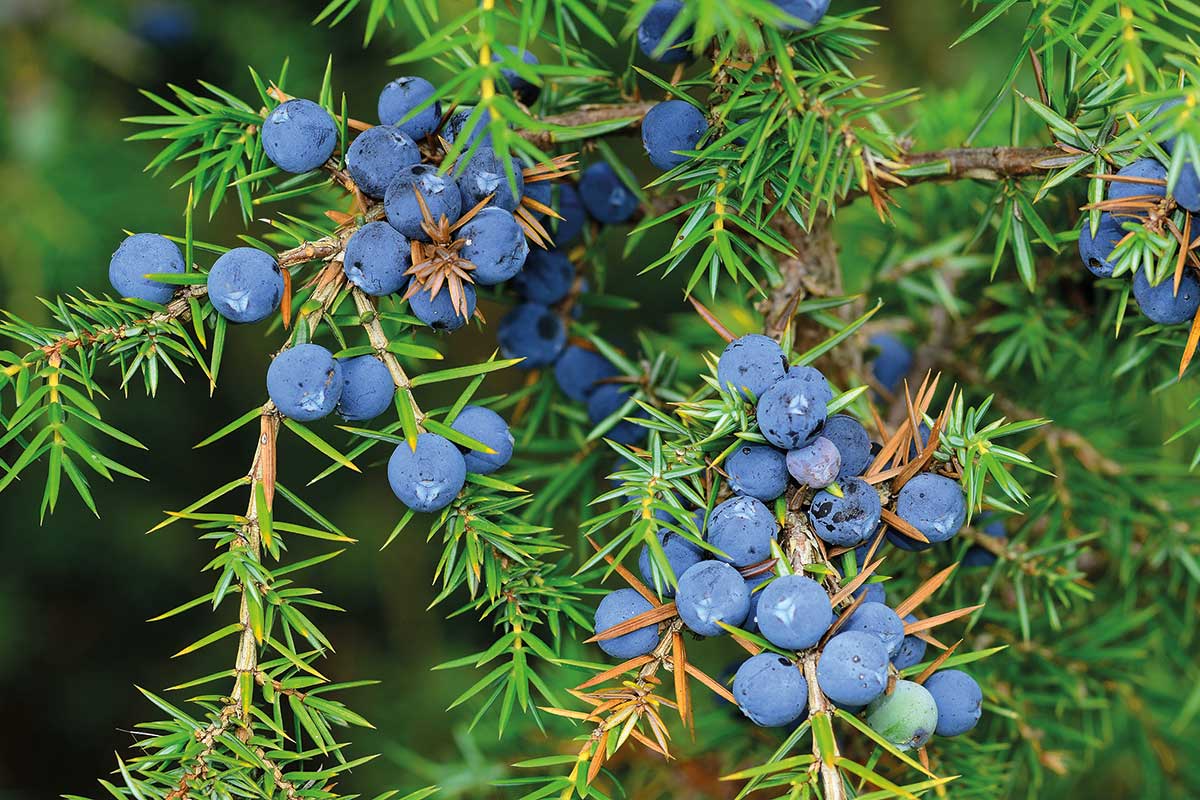
Juniper
Juniper is cultivated for its aromatic berries, commonly used in the production of gin and other culinary products.
Learn more …
Reference Organization:
Association for the Marketing of Non-Timber Forest Products (ACPFNL)
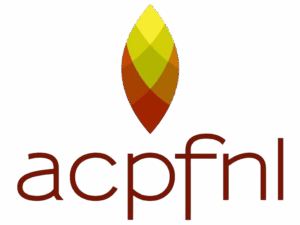
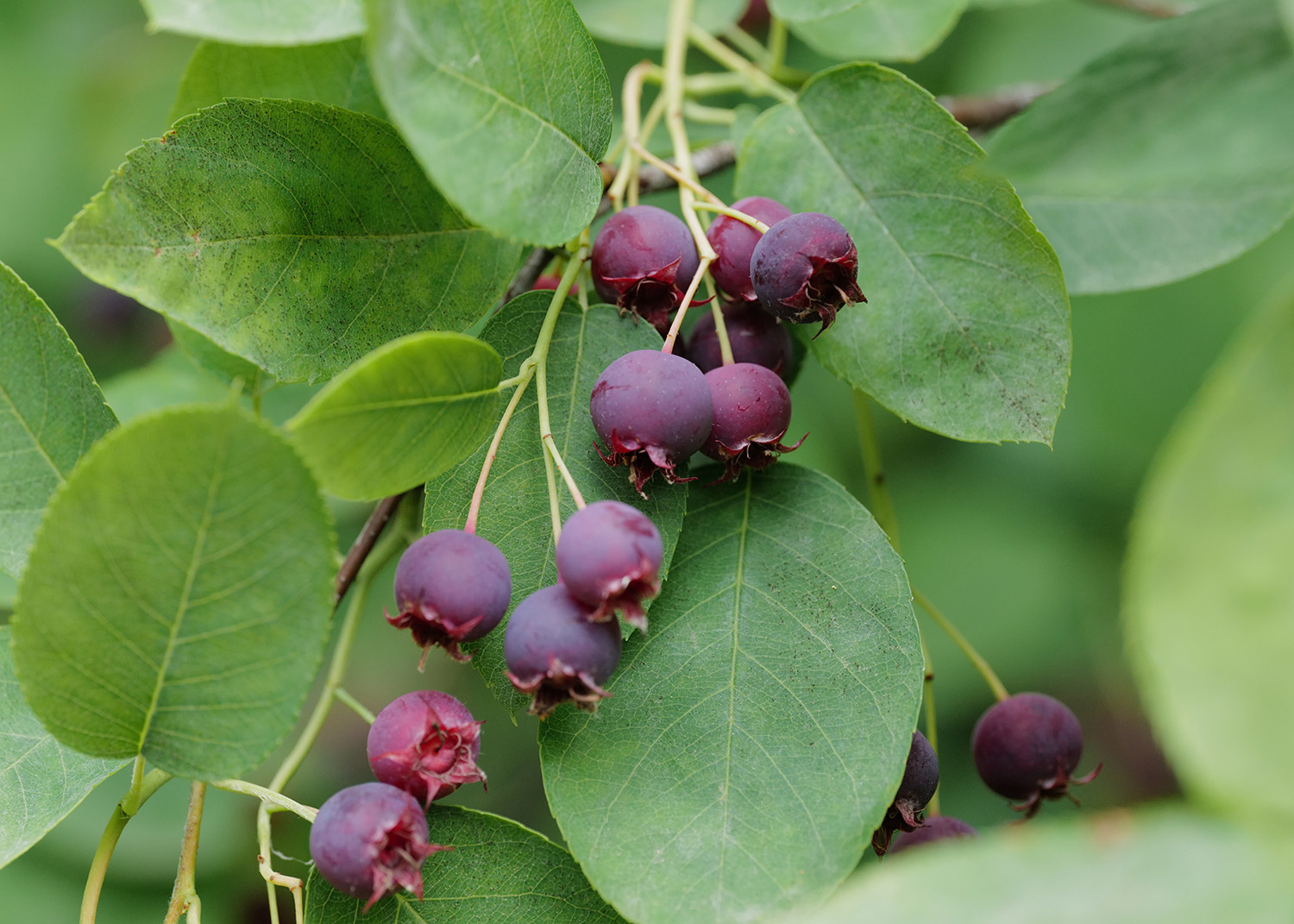
Serviceberry
Serviceberry is prized for its sweet, nutritious berries, perfect for fresh consumption or for transforming into a variety of products.
Learn more …
Organisations de référence :
- Cultur‘Innov
- Coopérative
A cooperative specializing in the cultivation of emerging small fruits
- Coopérative
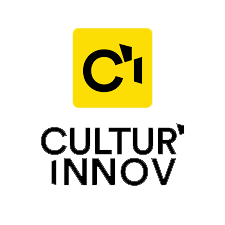
-
Québec Centre for Agricultural and Agri-Food Reference(CRAAQ):
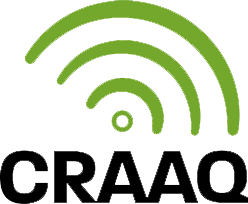
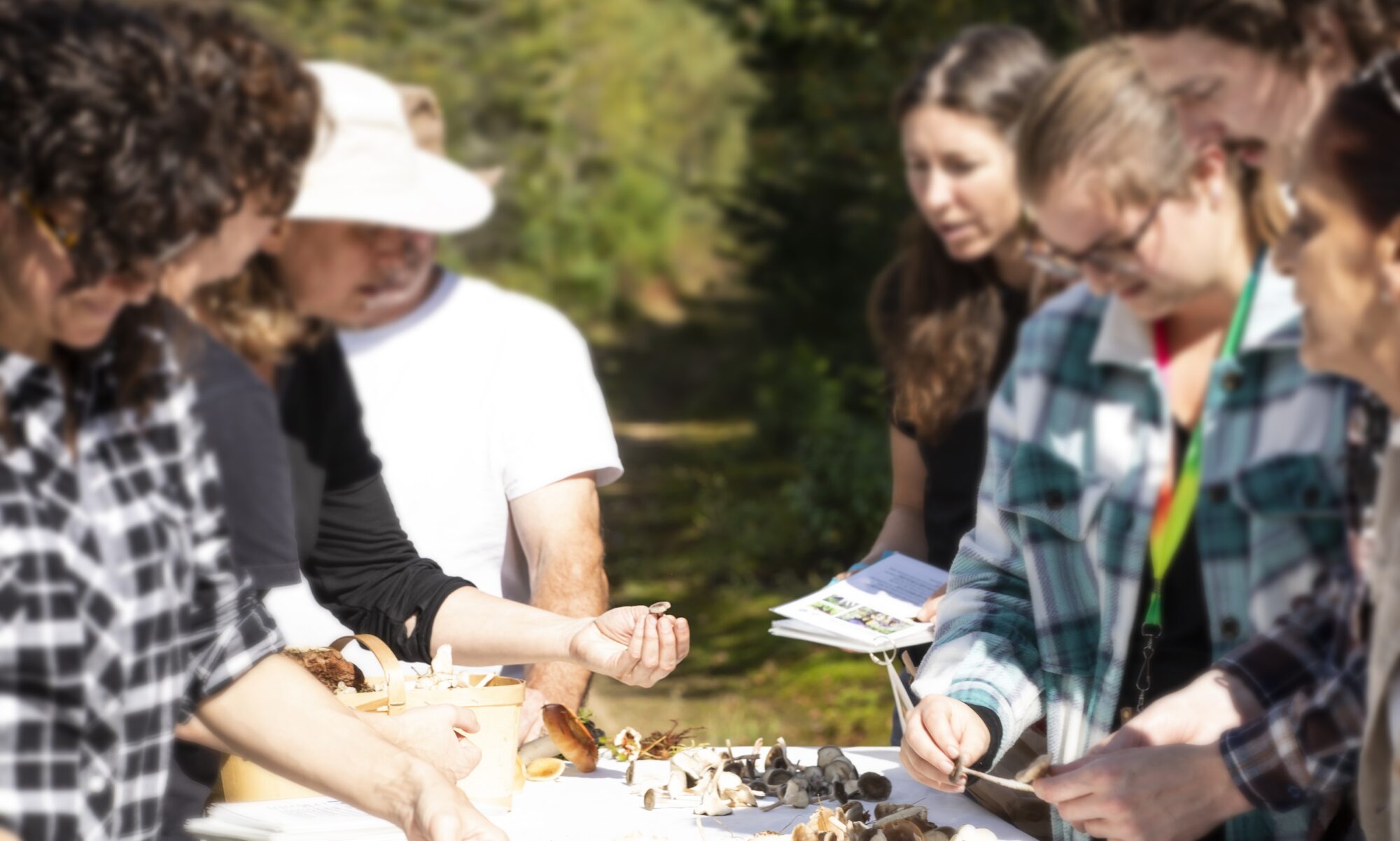
Mycotourism or Culinary Activity – Agreement with a Mycological Guide or SiLVA Chef
La Filière offers you two unique opportunities:
- Host a recognized mycological guide for mycotourism activities;
- Host a SiLVA gourmet chef in your forest;
Learn more …
La Filière offers you two unique opportunities: host a recognized mycological guide to lead mycotourism activities such as introductory forest mushroom or plant foraging, or host a gourmet chef in your forest for a culinary experience in a magical setting.
These collaborations can be formalized through an agreement between you, the guide, or the chef.
By participating, you contribute to sustainable tourism while generating an additional source of income.
For more information, please fill out the form that aligns with your interests, and La Filière will contact you with details and/or next steps.
Form – Mycotourism Activity (Mycological Guide)
Form – Culinary Activity (SiLVA Chef)
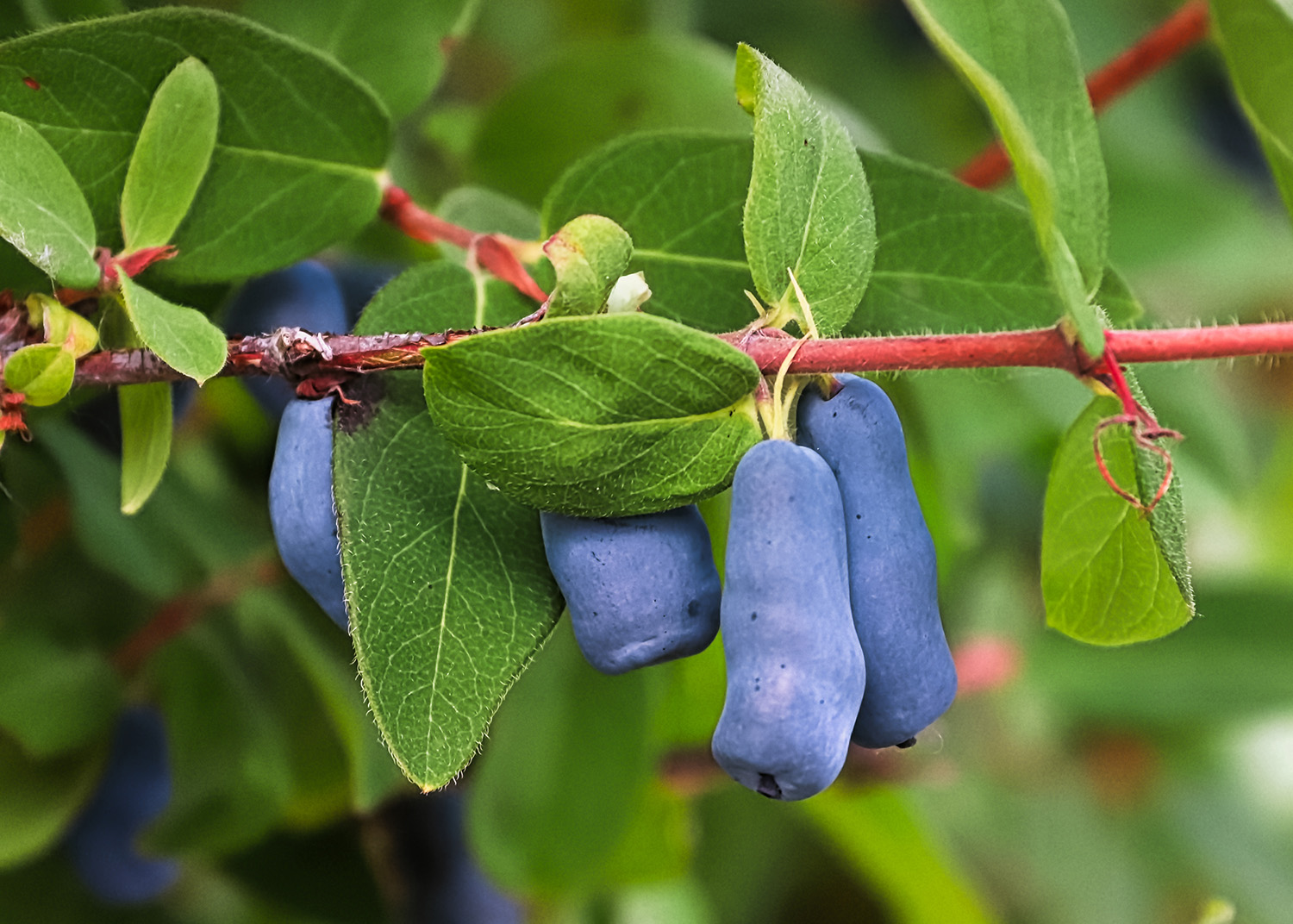
Haskap
Haskap, also known as edible honeysuckle, is sought after for its nutrient-rich fruits…
Learn more …
Haskap, also known as edible honeysuckle, is sought after for its antioxidant-rich berries and its ability to thrive in cold climates.
Reference Organizations:
- Camerise Québec
-
Offers resources for cultivation and marketing
-
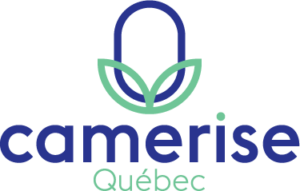
- Agri-réseaux
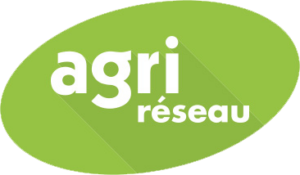
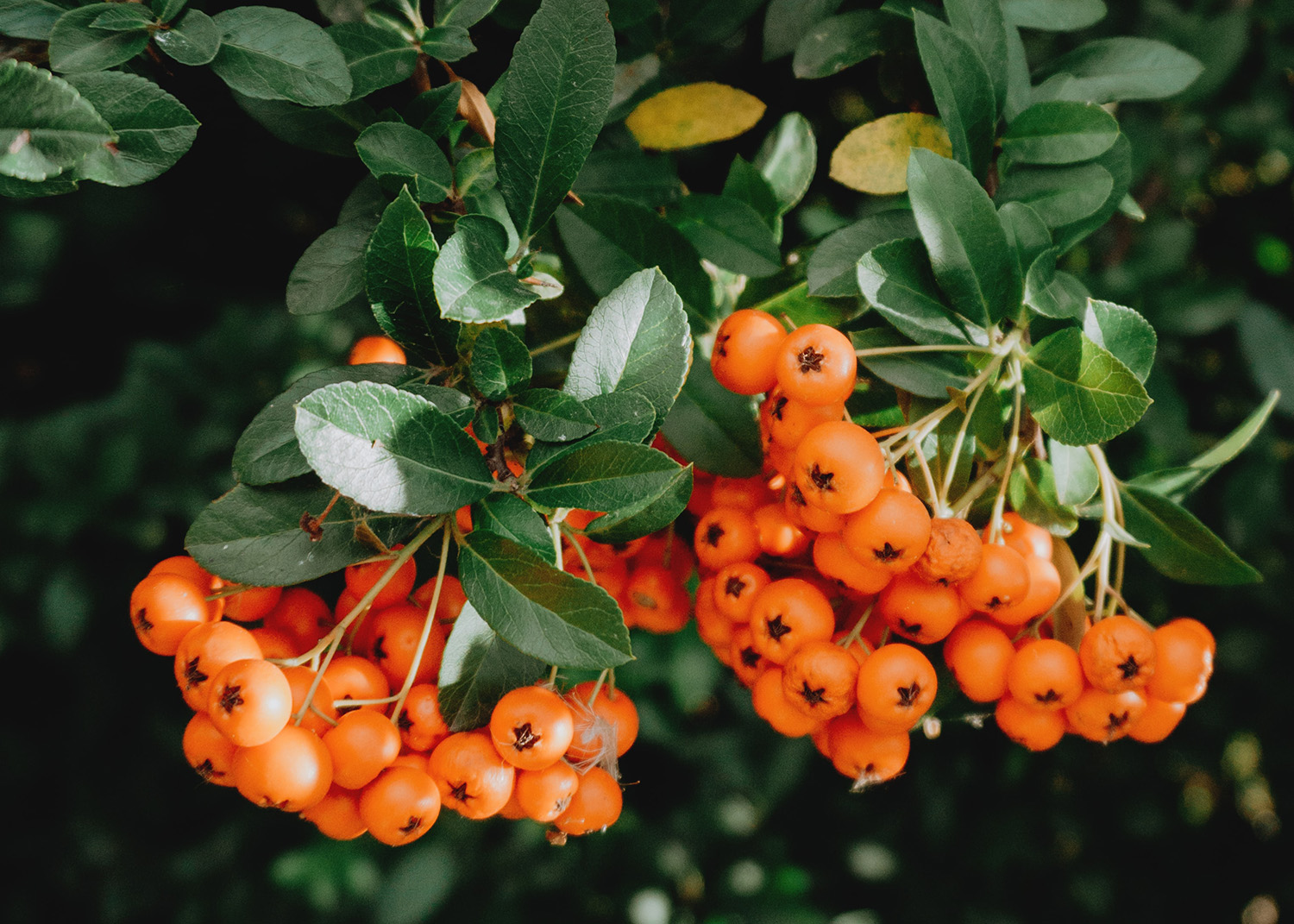
Sea Buckthorn
Sea buckthorn produces bright orange berries, rich in vitamins and nutrients, used in the food industry and…
Learn more …
Sea buckthorn produces bright orange berries rich in vitamins and nutrients, used in the food and cosmetic industries.
Reference Organizations:
- Association des producteurs d’argousiers du Québec
-
Information on the cultivation and processing of sea buckthorn
-
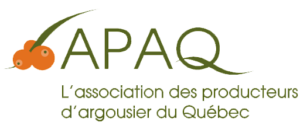
- Québec Centre for Agricultural and Agri-Food Reference(CRAAQ):

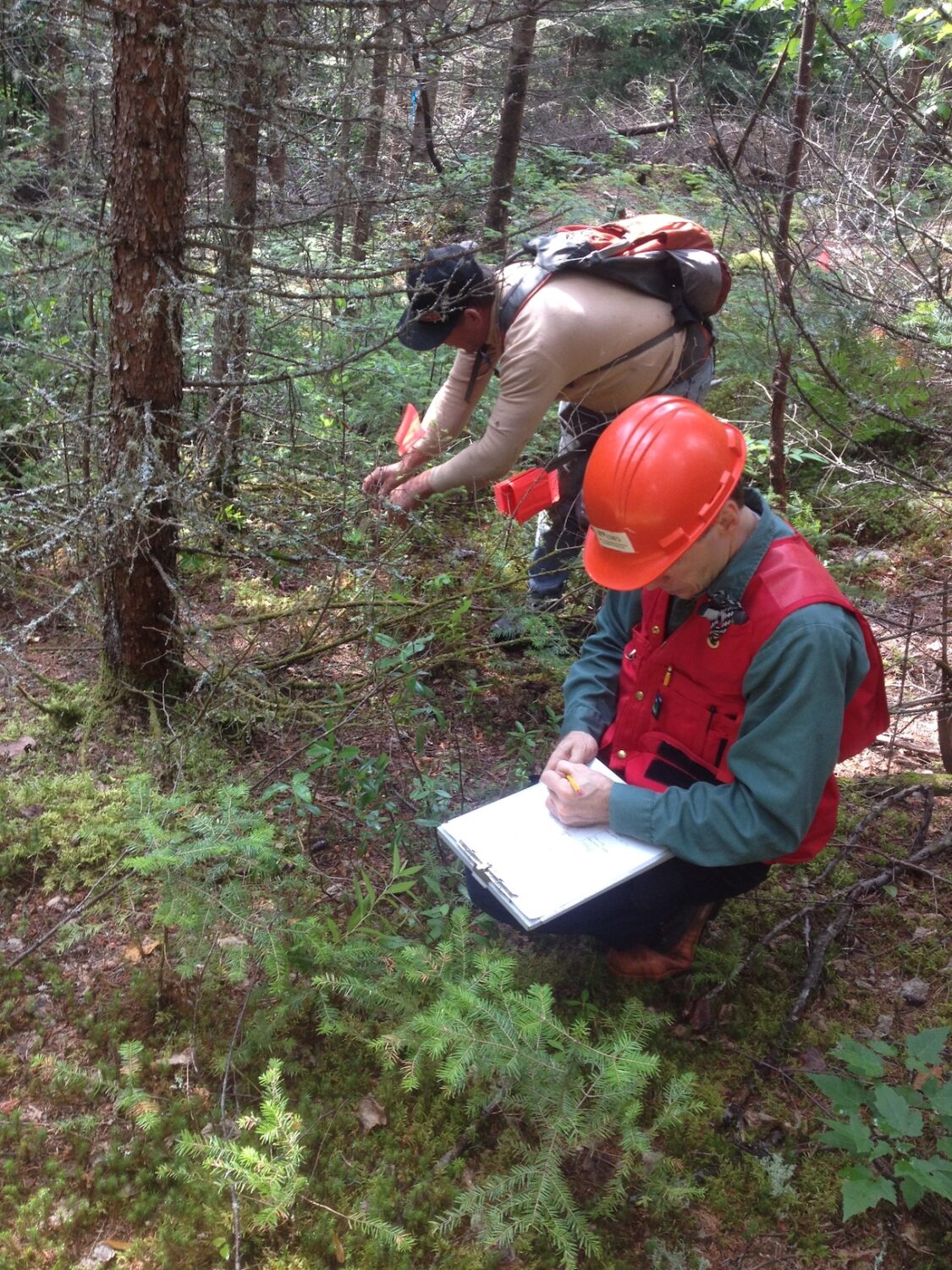
Cultivation Trials and Research Projects
Would you like to contribute to science and innovation?
Learn more …
Offer your land for research projects or cultivation trials on forest plants.
By collaborating with researchers and specialists, you not only contribute to the advancement of scientific knowledge but also stand to gain potential economic and environmental benefits.
For more information, please fill out the form and La Filière will contact you to discuss the next steps and possibly transform your forest into a natural laboratory.

